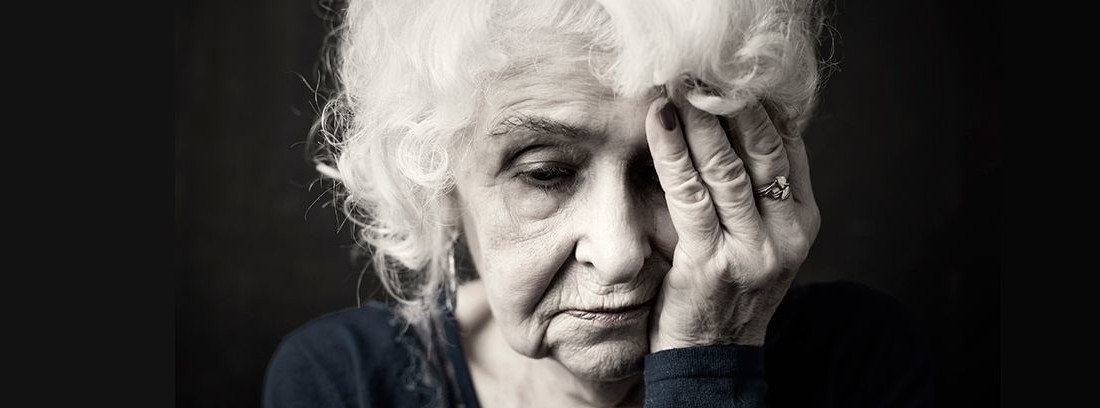Concept and clinical forms of depression
 | The concept of depression is well known outside of medical practice. However, it is necessary to point out that depressive symptoms present a varied constellation of manifestations that include both mental and physical symptoms.
| The concept of depression is well known outside of medical practice. However, it is necessary to point out that depressive symptoms present a varied constellation of manifestations that include both mental and physical symptoms.
Among the first are affective symptoms consisting of an alteration of mood understood as an alteration of the mood: it is the depressed mood or vital sadness. Other symptoms in this sphere affect the loss of interest in things as well as the ability to enjoy. These constitute the central nucleus of depression and are accompanied by a decrease in vitality, with alteration of the individual's work and social activity. In addition, there may be other symptoms such as ideas of guilt, self-reproach, pessimism, hopelessness, difficulty concentrating, suicidal ideas, etc.
The bodily or somatic symptoms of depression can be very varied, among them are sleep disturbances, with insomnia and less often extreme drowsiness, weight loss with poor appetite, fatigue or lack of energy. There can be many other somatic complaints: gastrointestinal (nausea, sensation of gastric fullness or gas), vertigo, erratic pain, headache, feeling of suffocation, etc., which are sometimes predominant in the depression of the elderly.
Depression in the elderly has a series of features that differentiate it from depression in other ages:
- Less presence of psychic symptoms such as sadness and greater presence of bodily symptoms, often not easily identifiable as depressive syndrome.
- Sadness and low mood can manifest in the elderly as apathy and withdrawal, and various somatic complaints may be predominant that require testing for other diseases that are very common at these ages. Sometimes these bodily symptoms are true hypochondriacs with excessive fear and worry.
- Adjustment disorder is the most common form of mood disturbance in older people. There is a disproportionate emotional reaction to stressful events that the patient may have suffered (loss of loved ones, illnesses, hospital admissions, institutionalization, etc.), producing affective or even behavioral symptoms; generally this condition resolves in less than six months.
- Some symptoms of depression can be very striking in the elderly such as weight loss due to lack of appetite, insomnia or the appearance of delusions and in serious pictures true psychotic pictures.
- The elderly very often suffer from illnesses in which depression can be another symptom of this illness. In this case, depression itself is not the main disease but an accompanying symptom. These are the so-called somatogenic depressions that complicate processes such as Parkinson's disease, cerebrovascular accidents (CVA), thyroid diseases such as hyper or hypothyroidism, other metabolism disorders or some types of cancer (especially pancreatic cancer).
- The elderly sometimes use multiple drugs to treat their illnesses, but they can induce the onset of depression days or weeks after use. Among these are medications such as corticosteroids, antiparkinsons, some antihypertensives, etc.
- Suicide is more frequent in severe depression in the elderly than in young people, both attempted and completed.
- Sometimes depression appears as cognitive impairment, that is, as a lower intellectual performance with subjective complaints of memory loss, which forces clinicians to differentiate these depressions from true dementia.
(Updated at Apr 14 / 2024)